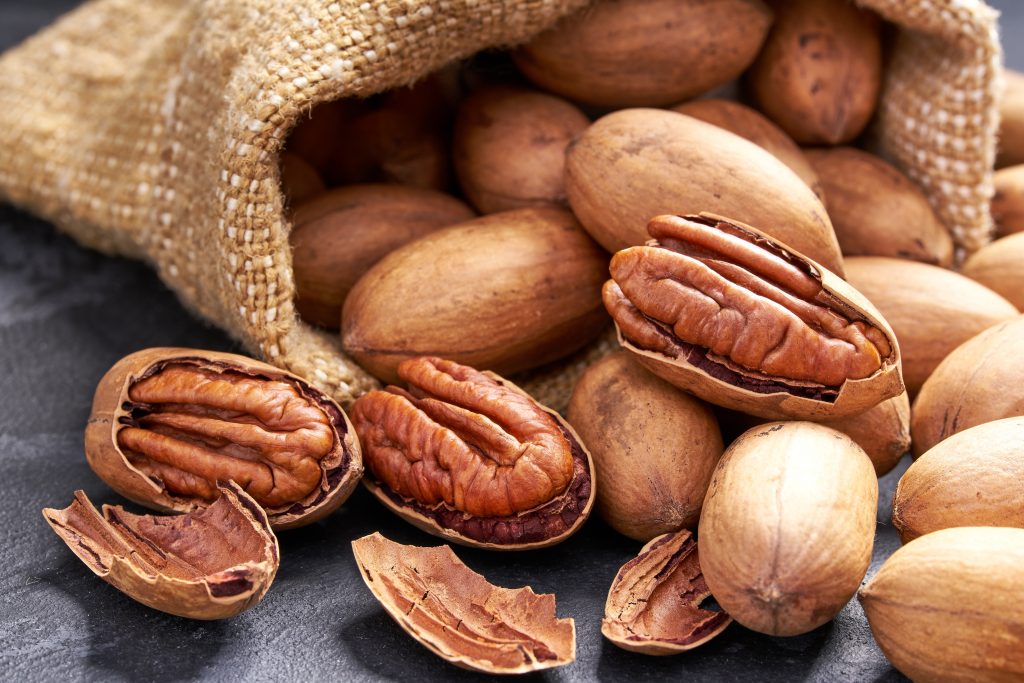
By Clint Thompson
A point of emphasis over the past couple of years with Southeast pecan production is doing more with less. It starts with scab resistant varieties, says Lenny Wells, University of Georgia Cooperative Extension pecan specialist.
“That’s been the theme the last year or two in a lot of our presentations, shifting to more resistant varieties that we can grow without having to spray 15 times with fungicides,” Wells said. “There’s a big push for that, and most people are pretty receptive to that. They see the wet year like we had this year. There were problems with Desirable, Pawnee, Stuart, Sumner, just about everything. If you didn’t spray them on time, there’s scab issues there. People are definitely wary of that and looking for something where they don’t have to spray quite as often.”
Scab Impact
Scab is a fungal disease that infects the leaves or nuts of pecan trees. If it affects the nut early enough, scab can cause the pecan to blacken and fall from the tree. Some growers may spray between 10 and 12 times during an average year to fight scab, depending on how much it rains during the summer. With this year’s saturated summer, producers needed to spray more than normal to produce a quality crop.
One practice that could also prove beneficial in the long-term fight against scab is hedging. The winter practice removes all the growth from one or both sides of a tree within a certain distance from the trunk. Hedging controls the tree’s size, which allows for better control of scab. Pecan producers achieve better spray coverage, while opening up more sunlight in the orchard.
“Hedging might be a game changer for us as far as keeping these trees smaller and getting better fungicide coverage; letting us keep trees at a tighter spacing for longer. I think there’s a limit with how tight we can get with that spacing. That’s certainly going to be one thing that helps our production, I think going forward,” Wells said.









